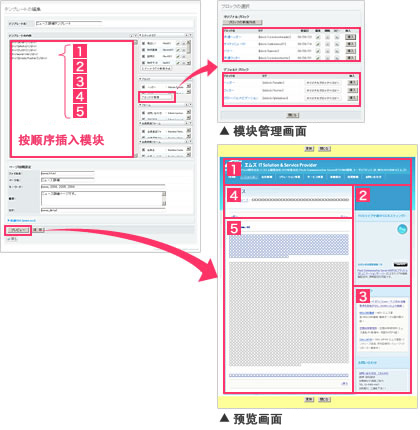9. A CMS Is Not A Silver Bullet
Many of the clients I work with have amazingly unrealistic expectations of CMS (content management systems). Those without one think it will solve all of their content woes, while those who have one moan about it because it hasn’t!
It is certainly true that a CMS can bring a lot of benefits. These include:
reducing the technical barriers of adding content,
allowing more people to add and edit content,
facilitating faster updates,
and allowing greater control.
However, many CMS are less flexible than their owners would like. They fail to meet the changing demands of the websites they manage. Website managers also complain that their CMS is hard to use. However, in many cases, this is because those using it have not been adequately trained or are not using it regularly enough.
Finally, a CMS may allow content to be easily updated, but it does not ensure that content will be updated or even that the quality of content will be acceptable. Many CMS-based websites still have out-of-date content or poorly written copy. This is because internal processes have not been put in place to support the content contributors.
If you look to a CMS to solve your website maintenance issues, you will be disappointed.

9. CMS不是一勞永逸的解決方案
我的許多客戶對CMS(內容管理系統)有非常不切實際的期望。那些沒建CMS的,認為它可以解決所有的內容困境;而建了CMS的,則抱怨它,因為它沒有達到預期效果!
的確,CMS可以帶來很多好處,包括:
* 減少補充內容的技術壁壘
* 讓更多的人來添加和編輯內容,
* 促進更快的更新
* 允許更大的控制。
然而,許多CMS沒有它們主人所想的那般靈活。他們不能滿足網站管理上不斷變化的需求。網站管理人員也抱怨說,他們的CMS很難使用。然而,在許多情況下,這是因為那些使用者沒有得到足夠的訓練,或沒有完全足夠地使用它。
總之,CMS可能會使內容很容易地被更新,但并不確保內容被不斷更新,或確保內容的質量是可以接受的。許多以CMS為基礎的網站上仍然有過時的內容或很差的內容。這是因為內部流程沒有到位地支持內容投遞者。
如果寄希望用CMS解決你網站維護的所有問題,你會感到失望的。













